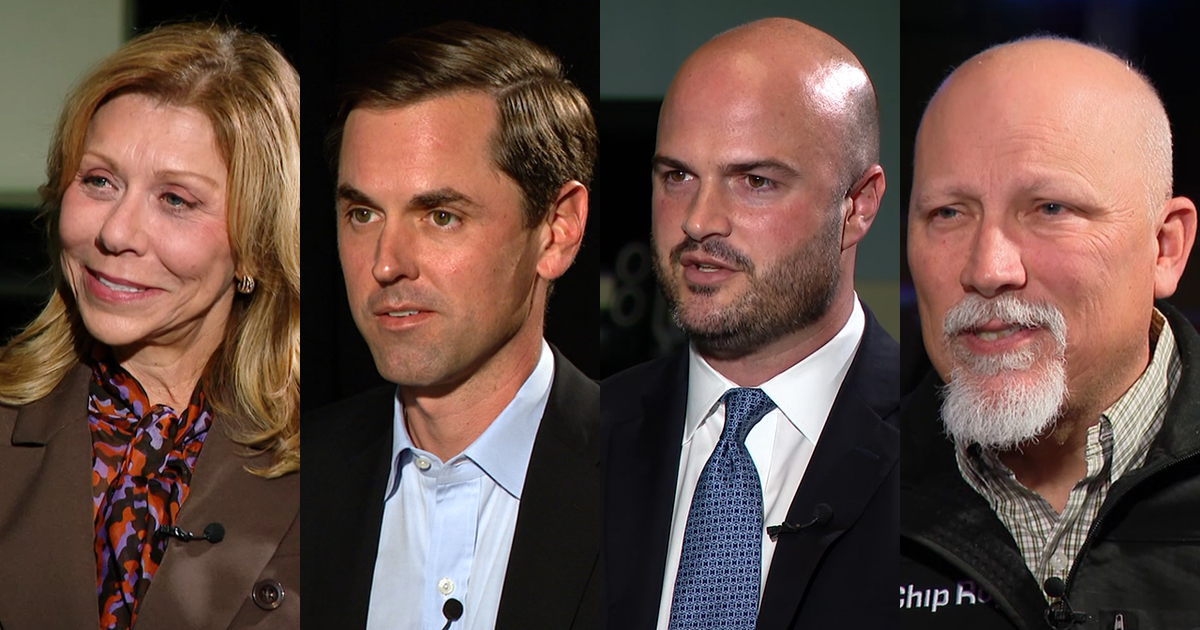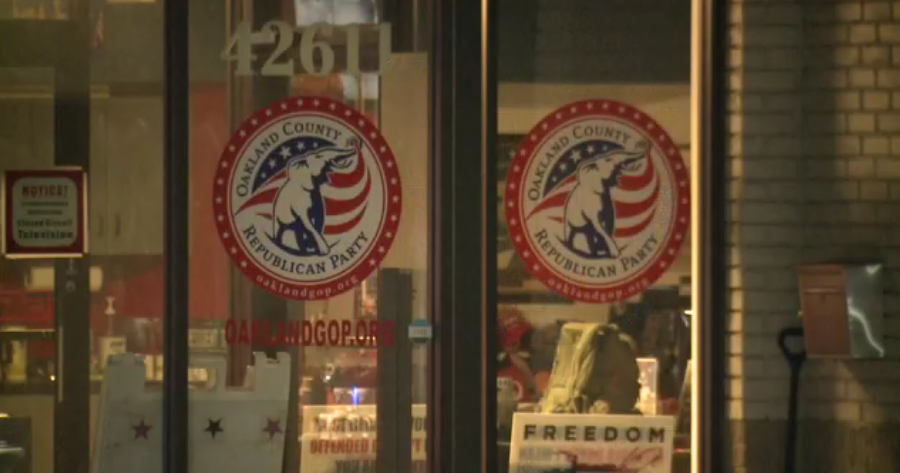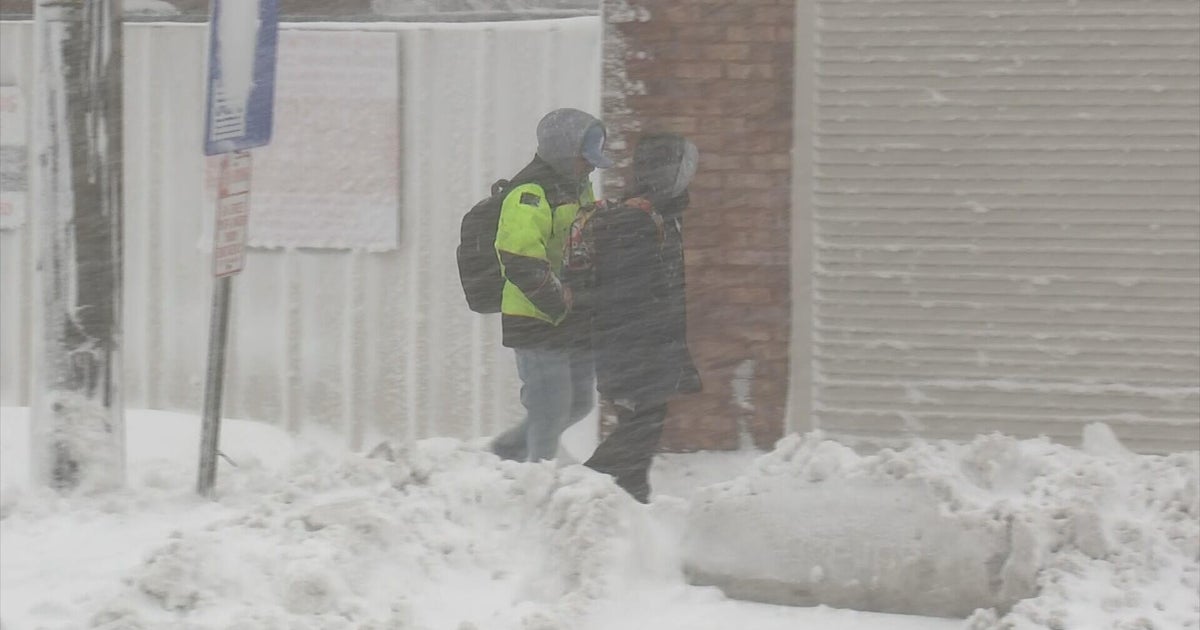Philly Election Officials Take Up GOP Complaints
HARRISBURG, Pa. (AP) — Gov. Tom Corbett and his administration haven't produced an example of what he meant when he said some Pennsylvania precincts have voted at "over 100 percent," but complaints by the state Republican Party about voting in Philadelphia suggest he may be right.
It's not clear, however, whether that was fraud.
The Philadelphia city commissioners, who oversee the administration of elections in Philadelphia, are investigating the state GOP's complaints that a number of city divisions in last year's primary election somehow reported more ballots cast on electronic voting machines than voters who signed in.
Corbett, a Republican, used the 100 percent-plus argument several times in the days leading up to his March 14 signing of one of the nation's toughest voter identification laws, but neither he nor his administration have backed up his statement with a specific example.
"That, to me, demonstrates that something happened, where there was fraud that took place," he told a Pennsylvania Cable Network interviewer on March 12. Two days later, in a public ceremony to sign the law, he repeated the claim, saying, "how does that happen?"
The state Republican Party brought the complaints to the Philadelphia city commissioners in March after similar complaints in recent years that a prior slate of commissioners had dismissed because of questions about the accuracy of the data, said Joseph DeFelice, the Philadelphia director for the state Republican Party.
The newly elected chairwoman of the Philadelphia city commissioners, Stephanie Singer, said Thursday that she's concerned about the phenomenon, but is not ready to say whether fraud actually occurred.
"It needs to be investigated," she said, "and the same analysis should be run ... in other counties."
It's also not clear whether the state's new voter identification law would address such a fraud. The Republican-controlled state Legislature passed it over the objections of Democrats and advocates for the elderly, good government, civil liberties, the poor and minorities.
Philadelphia, where one in five of Pennsylvania's 4 million registered Democrats live, has long been a boogeyman for the Republican Party.
Singer said one of the three divisions she has so far personally looked into had a straightforward explanation. In north Philadelphia's 20th ward, the confusion was caused by a machine assigned to the 11th division that recorded dozens more ballots than voters who signed in there after it was switched to a polling place for a different division, Singer said.
But in the other two divisions, she couldn't find an immediate explanation. Singer said she also plans to investigate a handful of other divisions scattered around the city where, according to the data, there were "substantial over-votes" in the 2011 primary.
There may be innocent explanations: for instance, machine error or poll workers failing to make a log entry for everyone who walks in to vote. But it is also possible that polling place workers colluded to run up vote tallies for favored candidates.
DeFelice said if such small-scale fraud occurred in Philadelphia City Council primary elections, then it could happen — and maybe did happen — on a much broader scale in the general election for statewide offices such as governor or U.S. senator.
One problem is that it's much harder to detect such fraud in a general election, where voter turnout is much higher, DeFelice said.
DeFelice's analysis found that roughly 5 percent of approximately 1,700 divisions in Philadelphia recorded a higher vote total by registered voters of one party in a particular race for mayor or a City Council seat than the number of that party's voters who signed in. Some of that might be explained by registered Republicans voting mistakenly on a machine's Democratic primary voting template, or vice versa.
Aside from that, there are hundreds of divisions where the tally of votes for one office — particularly by Democrats — is curiously high, although not over 100 percent of the Democrats who signed in, DeFelice said.
But the divisions being investigated by Singer are harder to explain, DeFelice said. For instance, in the 1st Ward's 3rd Division in south Philadelphia, 192 Democrats voted for a City Council candidate and seven Republicans voted for a mayoral candidate for a total of 199 votes cast, but only 191 names were signed in, according to DeFelice's analysis.
"Eight votes came from somewhere and they're completely unaccounted for, because you don't have those eight voters to attribute the votes to," DeFelice said.
(© Copyright 2012 The Associated Press. All Rights Reserved. This material may not be published, broadcast, rewritten or redistributed.)







